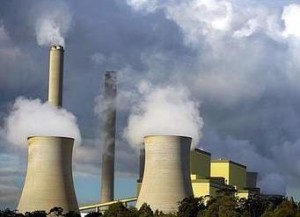In this year’s Budget, Finance Minister Heng Swee Keat announced that Singapore intends to implement a carbon emission tax for vehicles in 2019.
The tax is likely to be between $10 and $20 per tonne of greenhouse gas emissions, which is in the range of similar carbon tax rates around the world. Singapore is the 26th largest carbon emitter per capita.
How is carbon emission calculated?
On average, electricity sources emit 1.222lbs CO2 per kWh (0.0005925 metric tons CO2 per kWh) and there are 0.00548 metric tonnes of CO2 per 1 therm of natural gas.
How will the tax be implemented?
Tax will likely be imposed for factories and manufacturing sectors. Energy powerhouses are also the likely ones to be paying more for this tax than individual users.
Revenue from the carbon tax will help fund measures by industries to reduce emissions. The tax may also spur new opportunities in green growth industries such as clean energy. The government hope that by implementation of the Carbon Emission tax, there will be a reduction in the greehouse gases emitted, which is the main cause for the greenhouse effects that is affecting the Earth’s temperature.
Consultations for industry will begin and the final carbon tax with the exact implementation will be decided after more consultations and studies have been done on carbon emissions. Measures and policies will also be in place to assist with the transition.
The Government has started industry consultations and will begin public consultations in March. The final carbon tax and exact implementation schedule will be decided after consultations and further studies. Measures will also be introduced to help ease the transition.
Diesel taxes will also be introduced a volume-based duty at 10 cents per lite on automotive diesel, industrial diesel and the diesel components in the biodiesel will be introduced to reduce the usage of diesel.
Currently, the plans to enforce it on cars and vehicle users which uses petrol to run is not decided as yet.


Leave a Reply